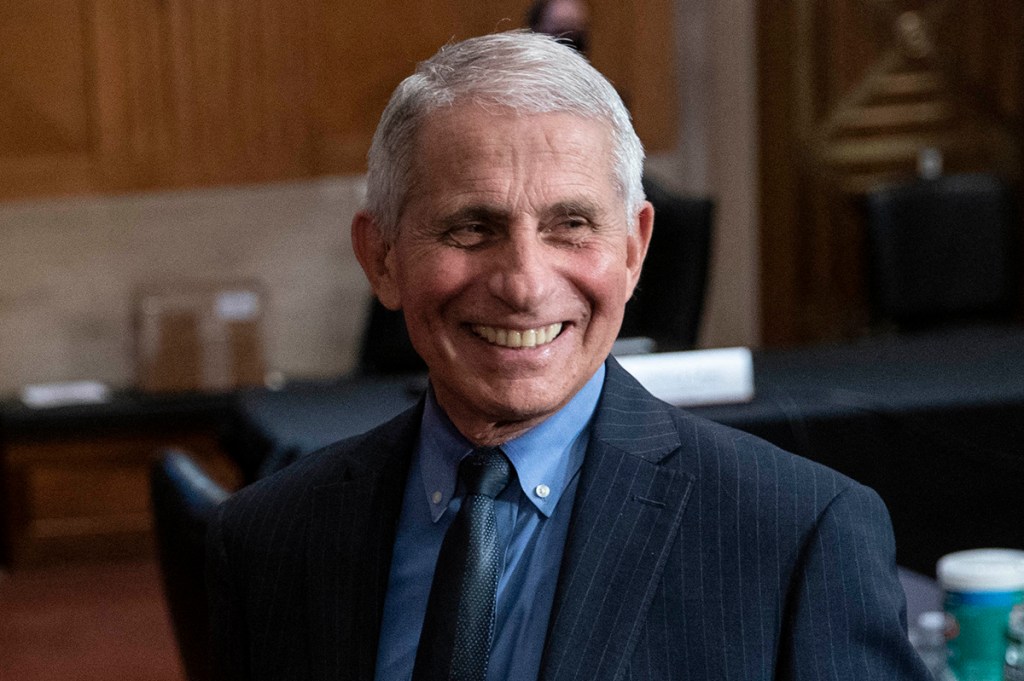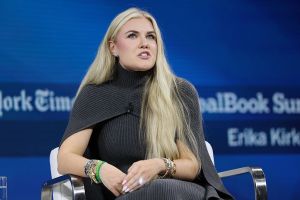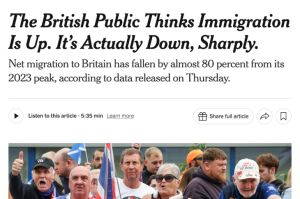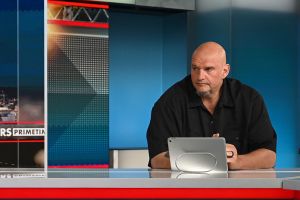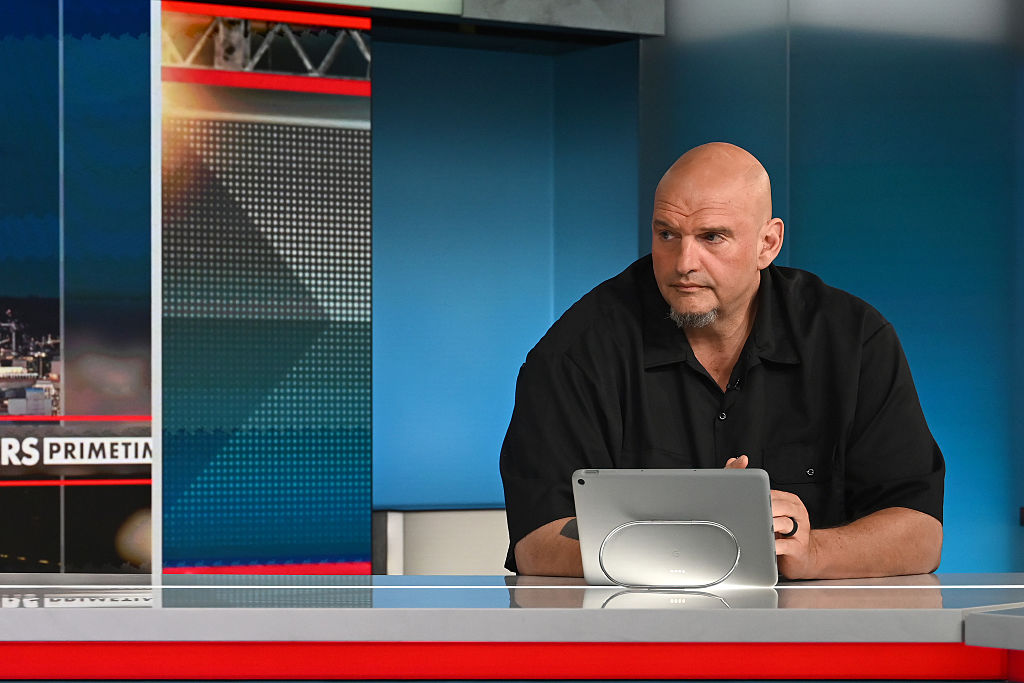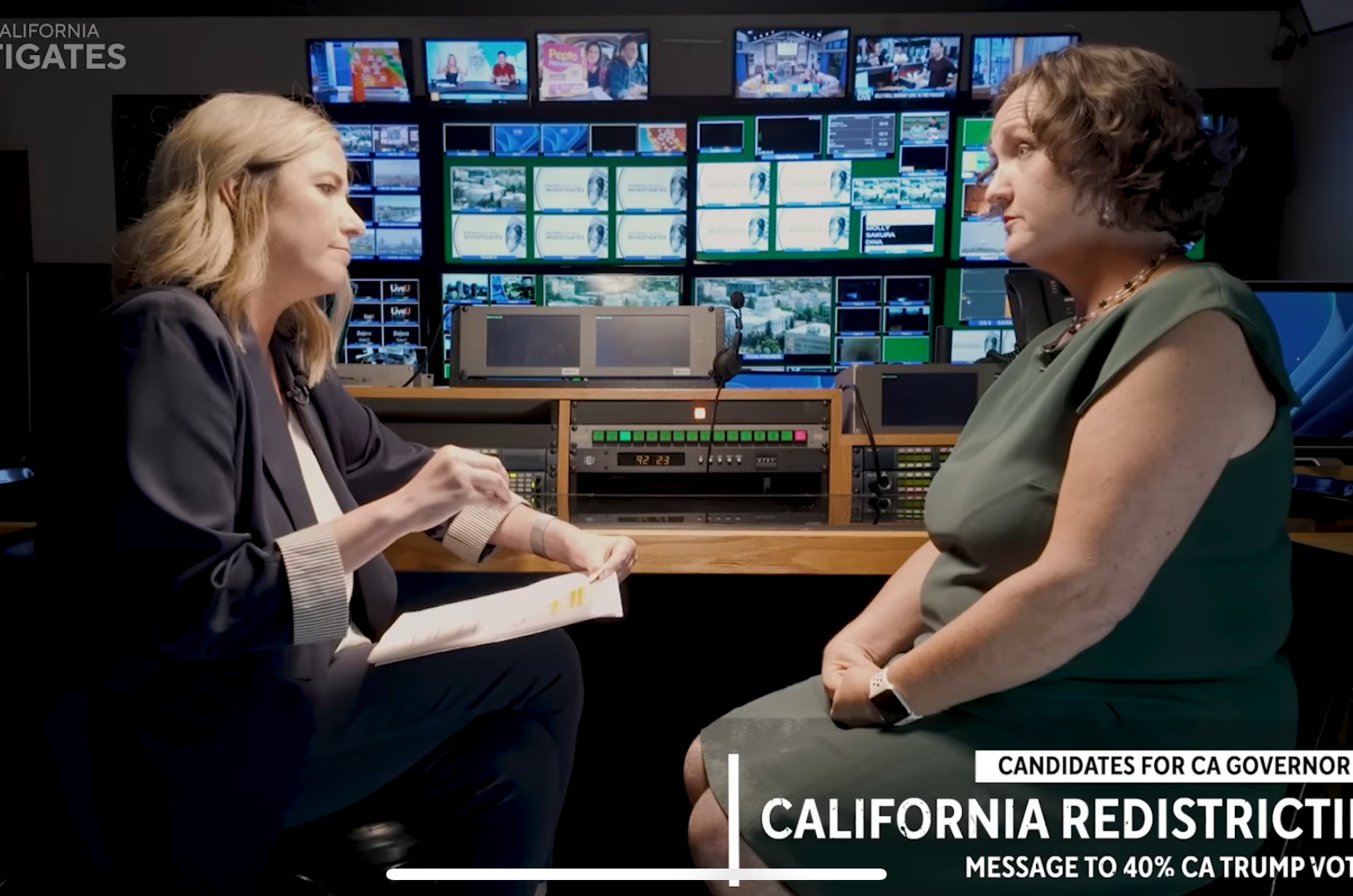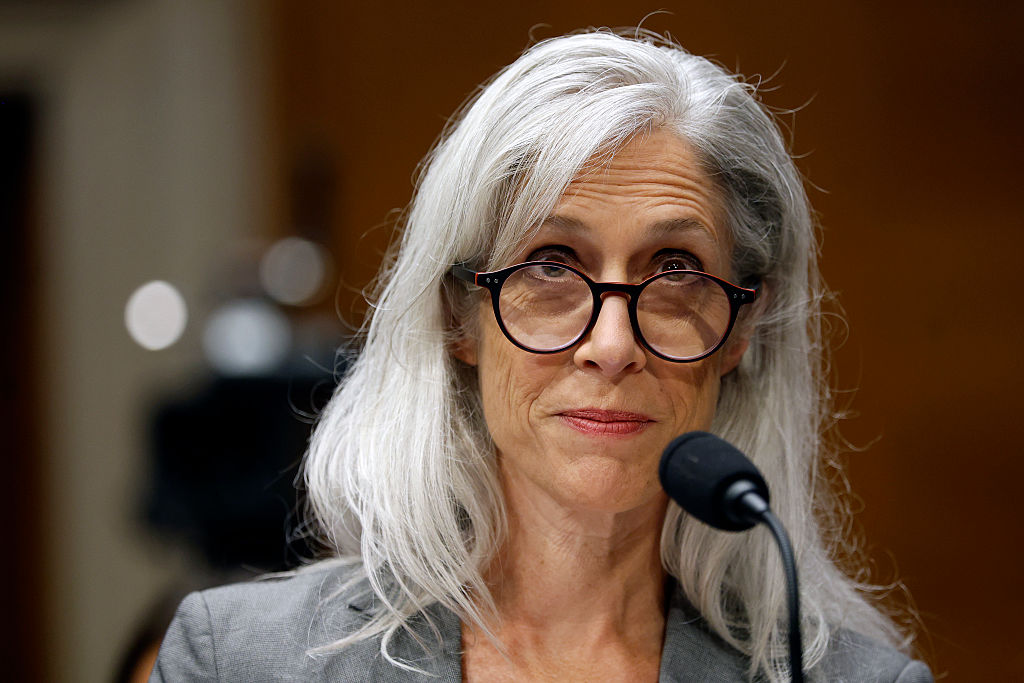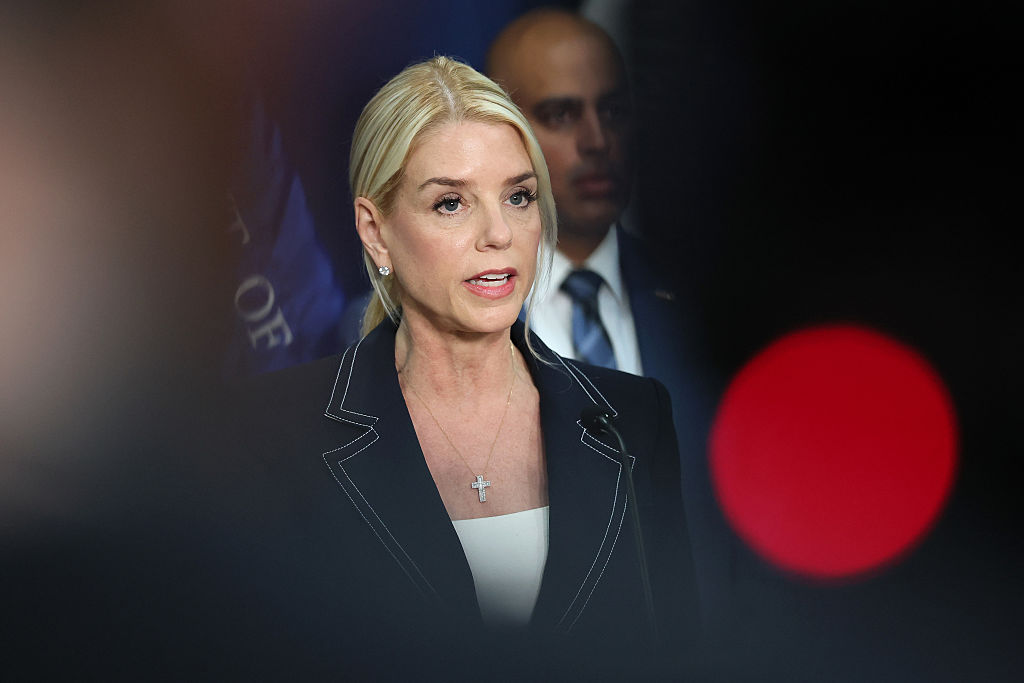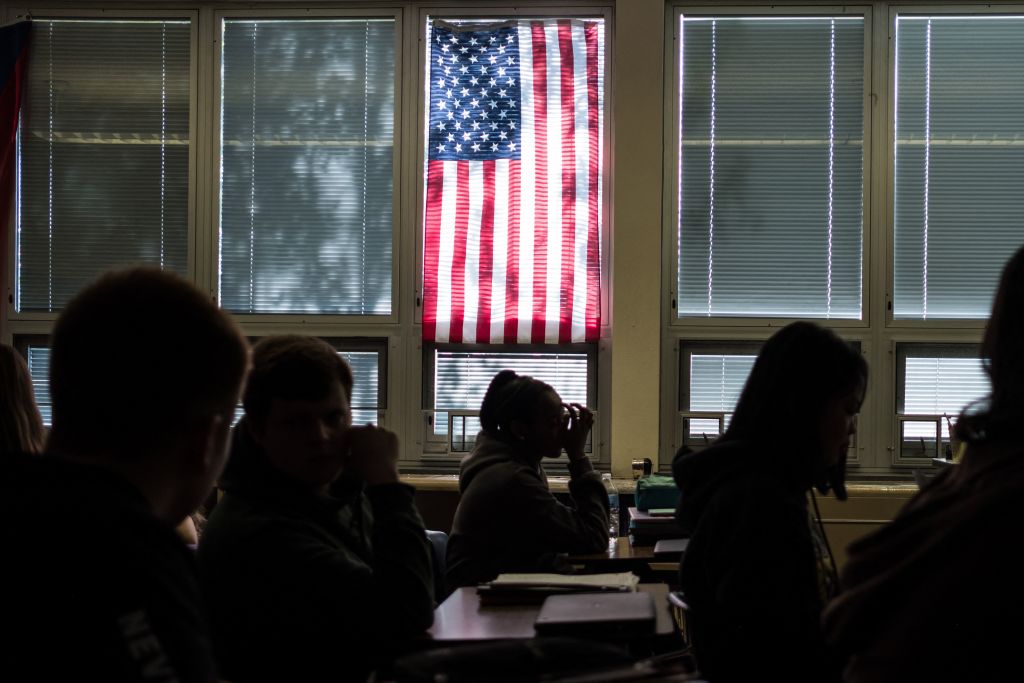The New York Times published an extensive interview with Anthony Fauci on Tuesday, and the doc still shows little remorse. To his credit, Times reporter David Wallace-Wells did not let Fauci off easily — there was no Joe Biden treatment in this one.
Fauci, as usual, showed himself a master of illusion. Take his assertion that “only 68 percent of the country is vaccinated. If you rank us among both developed and developing countries, we do really poorly.” Really? Well that depends on what you mean by “vaccinated”. If that means you got the first shot — the only one that actually provided transmission protection — then the US actually did quite well, with 80 percent receiving at least one dose. Germany, Luxembourg and Austria are at 78 percent, and progressives’ favorite Scandinavian country, Sweden, sits at 76 percent. Even if you assume he meant “fully vaccinated” with the latest jab, the Netherlands, Switzerland and the Baltic states are all pretty darn close to the US’s 68 percent.
He plays the same game with the lab leak theory. Asked about the “lab leak versus natural origin” debate, Fauci said, “until you have a definitive proof of one or the other, it is essential to have an open mind. And I have been this way from the very beginning, David, notwithstanding the criticisms to the contrary.” Is that so? Cockburn certainly does not remember that, and neither, apparently, does Doctor Robert Redfield, the CDC director at the time, who claims that Fauci slammed the door shut on the lab leak hypothesis pretty early on.
And that’s not all! Fauci, in response to an inquiry about gain of function funding, claimed:
[A]ll of the intelligence groups agree that this was not an engineered virus. And if it’s not an engineered virus, what actually leaked from the lab? If it wasn’t an engineered virus, somebody went out into the field, got infected, came back to the lab and then spread it out to other people. That ain’t a lab leak, strictly speaking. That’s a natural occurrence.
Let’s unpack that marvelous trickery. There is some limited truth that intelligence agencies agree that the virus was not “genetically engineered,” as the DNI reported in 2021 that “most agencies also assess with low confidence that SARS-CoV-2 probably was not genetically engineered”. The first wrinkle, obviously, is that this assessment is from “most agencies” and is “low confidence.” The second wrinkle is that “two agencies believe there was not sufficient evidence to make an assessment either way.” Not exactly a resounding renunciation of an engineered virus. It is not clear to Cockburn how the agencies have shifted their opinions, if at all, on the topic since 2021, though we may know soon once the intelligence is declassified.
Further, his definition of a lab leak is comically oversimplified. For Fauci, the way it could be a “lab leak” is if the scientist caught the virus from some natural source and then infected his or her colleagues. Admittedly, Fauci gets points for creativity: he effectively coopts the lab leak theory to confirm his own belief that that virus spread from a natural origin point.
Now on to the pandemic response. Fauci complained that “I happened to be perceived as the personification of the recommendations [lockdowns],” that he only “gave a public-health recommendation that echoed the CDC’s recommendation, and people made a decision based on that.” If he did not want to be the “personification” of pandemic policy, then maybe he should not have played into the panegyrics — like going on the cover of InStyle magazine. And anyway, Fauci can’t claim to have been a mere bystander — he knew very well that his and the CDC’s recommendations were taken and used to enact a very particular set of policies.
Fauci would like to think that public health institutions can look “at it from a purely public-health standpoint. It was for other people to make broader assessments — people whose positions include but aren’t exclusively about public health.” The problem here is that public health institutions are, by their very nature, inseparable from the “broader assessments.” Public health must deal with the public — shocking, but it’s true — and that means there is an interface with policy. That is what makes public health a messy, difficult thing to wrangle with, because you cannot simply make the calculations and run; you have to make the calculations and then mold them into recommendations that are workable for the society to which they will be applied. That did not happen, not because of maliciousness, but because of human error. That is all people want Fauci to admit — actually admit, not massaging an admission with obfuscation and deflection.
By far the most irritating for Cockburn, though, is the moralizing and grumbling about the public’s skepticism of the public health establishment and its recommendations. At the beginning of the condensed interview, Fauci mentions the “smoldering anti-science feeling, a divisiveness that’s palpable politically in this country.” The irony is that Fauci is at the epicenter of the crisis that caused that very “smoldering anti-science feeling.”
Take the mask debacle. At the beginning, in March 2020, Fauci argued that masking was unnecessary, that “there’s no reason to be walking around with a mask.” The argument — which, it turns out, was correct — was that masks were not effective enough to wear. Underlying that contention, though, was what those in government felt was a noble lie: the masks were not recommended not because they did not work, but because they wanted to make sure healthcare workers had access to them, primarily the N95. Then, all of a sudden, the guidance did a 180 and masks were not only protective, but mandated. Even when evidence began to pour in that cloth and surgical masks were not effective enough to warrant mandating them, nothing changed. This is why there is a crisis of trust, a “smoldering anti-science feeling”; it is not so much anti-science as it is skepticism of government claims to science.
And then there was the lockdown policy. The doctor said in the interview that “somehow or other, the general public didn’t get that feeling that the vulnerable are really, really heavily weighted toward the elderly. Like 85 percent of the hospitalizations are there.” Why was that the case? It happened because the public health establishment failed to communicate. Fauci would likely disagree: “Did we say that the elderly were much more vulnerable? Yes. Did we say it over and over and over again? Yes, yes, yes.” Fair enough, but the public health institutions paired those warnings with policy recommendations that said the contrary. Why was he suggesting that students still be masked mid-2021? Why were the teachers’ unions so involved in crafting school reopening processes? Where was Fauci when a voice of reason was needed in the school reopening process? He can point to a few meek comments, but where was the pandemic warrior he likes to portray himself as? It was this kind of behavior that helped produce an “anti-science feeling” in the country; it was a lack of honesty, a lack of consistency and the appearance of foul play.
Does Fauci deserve all the blame? Of course not — but nor does he get to exonerate himself either.
Apparently, though, he does not feel he has anything worth exonerating himself of. When Wallace-Wells asked Fauci if the idea that gain-of-function research may (however unlikely and improbable it may be) have had some relation to Covid-19’s origins, weighed on him, the doctor was both defensive and dismissive. “Now you’re saying things that are a little bit troublesome to me. That I need to go to bed tonight worrying that NIH-funded research was responsible for pandemic origins.”
“Well, I sleep fine, I sleep fine”, he added, before defending the research as “not conceived by me as I was having my omelet in the morning. It is a grant that was put before peer review of independent scientists whose main role is to try to get data to protect the health and safety of the American public and the world.” Whatever the facts are in this case, the response is a microcosm of the broader problem: Fauci cannot seem to accept any culpability, it is always someone else’s fault — the politicians, the Republicans who “don’t like to be told what to do,” or the “independent scientists” — and rarely his own.
Cockburn, more than anything else, would just like to see Fauci show — even if it’s feigned — some understanding of the concerns his critics bring to the table, some recognition of his own faults. That would require introspection, though, and despite all of his skills, that one is conspicuously lacking.



